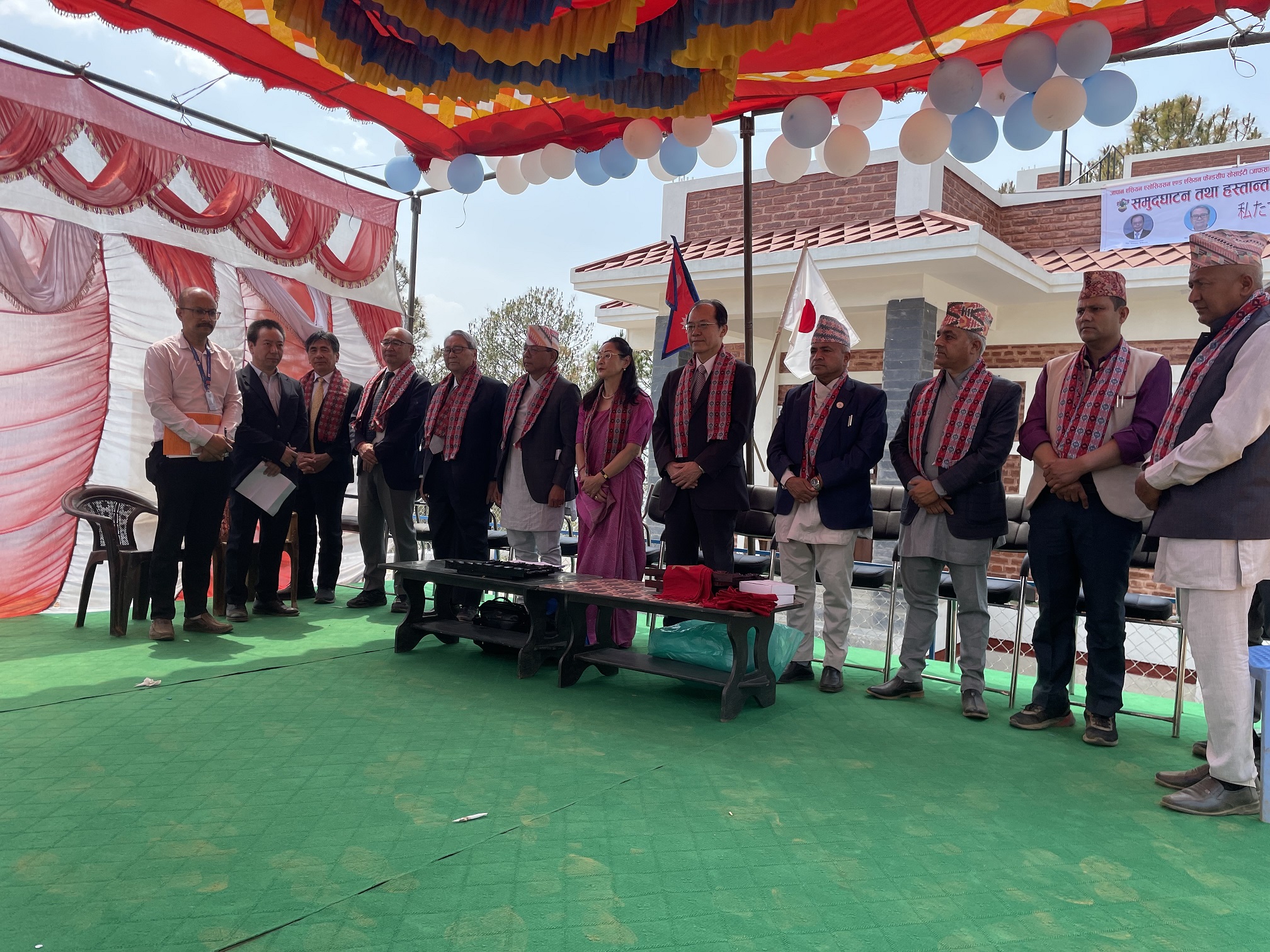
OR
Remittances decline as number of outbound workers falls
Published On: September 23, 2016 03:36 AM NPT By: Sagar Ghimire | @sagarghi
'Fall in inflow doesn't auger well for economy'
KATHMANDU, Sept 23: Remittance inflow has declined 2.5 percent in the first month of the current fiscal year 2016/17 to Rs 51.94 billion, indicating uneasy days ahead for the economy.
According to a monthly report of Nepal Rastra Bank released on Thursday, the country received only Rs 51.94 billion in remittances in the first month, down from Rs 53.72 billion in the corresponding period last fiscal year.
The decline in the number of outbound workers, particularly to the Gulf countries and Malaysia, is behind the negative growth in remittances in the initial month of the current fiscal year.
While the growth in remittances was already slowing last fiscal year, the total amount of remittance inflow has fallen for the first time in the past few years.
Workers' remittances grew by only 7.7 percent to Rs 665.06 billion last fiscal year compared to a growth of 13.6 percent the previous year.
"The decline in remittances does not auger well for our economy going forward. For the last few months, the number of workers going abroad had been falling, and we can say that this has now impacted the remittance inflow," said Nara Bahadur Thapa, an executive director at NRB.
According to data at the Department of Foreign Employment (DoFE), which issues foreign work permits to outbound workers, a total of 418,713 workers had acquired the permits from the department last fiscal year, down by 94,714 from the previous fiscal year. The number of workers going abroad had been on an increasing trend in the last few years until 2014/15.
However, the free-visa-free-ticket issue, the massive earthquakes last year and the crash in petroleum prices and slow down in the petro economies of destination countries have led to shrinking demand for Nepali workers. All these factors have together contributed to the decline in remittance that has kept Nepal's economy afloat even during difficult times.
"Remittances have helped make our economy vibrant. The service sector, which contributes nearly 53 percent to GDP, comprises sub-sectors like education and transportation and remittances contribute to these," said Thapa, who heads the research department at NRB.
However, some economists say it is too early to conclude that the remittance fall is an alarm bell. "This is data only for the first month," said Prakash Chandra Lohani, former finance minister.
Back in June, the World Bank had warned that a fall in the number of outbound workers could hurt Nepal's remittance economy.
"A potential slowdown in remittances poses a significant near-term risk to Nepal because of its outsized role in the Nepalese economy,” reads the report entitled 'Remittances at Risk'.
You May Like This

Remittance growth slows on drop in number of outbound workers
KATHMANDU, March 18: Growth rate of remittances inflow continued to decline in the first seven months of the current fiscal year. Read More...

Fall in number of workers not linked to 'free-visa-free-ticket': NRB
KATHMANDU, June 13: The falling number of Nepali workers going for foreign employment after the enforcement of the 'free-visa-free-ticket' system is... Read More...

Onion productivity on constant decline
KATHMANDU, Nov 27: Onion productivity is declining with each passing year. According to statistics of Vegetable Development Directorate (VDD), onion productivity... Read More...




Just In
- National consultation workshop advocates to scale up nutrition smart community in Nepal
- Patan High Court issues short-term interim order to halt selection process of NTB’s CEO
- NEPSE inches up 0.15 points; daily turnover increases to Rs 2.53 billion
- Bagmati Govt mandates tri-lingual signboards in offices
- Inferno destroys 70 houses in Mahottari
- Health ministry urges precaution against heatwave
- Jhapa road mishap update: Three deceased identified
- Japan hands over Community Center for Disaster Prevention to Indrawati Rural Municipality















Leave A Comment